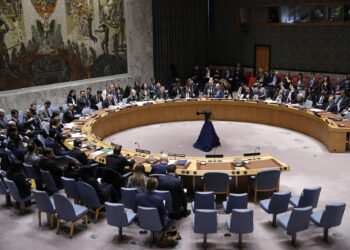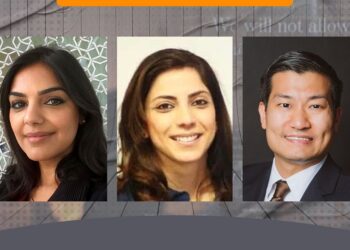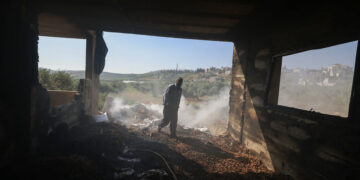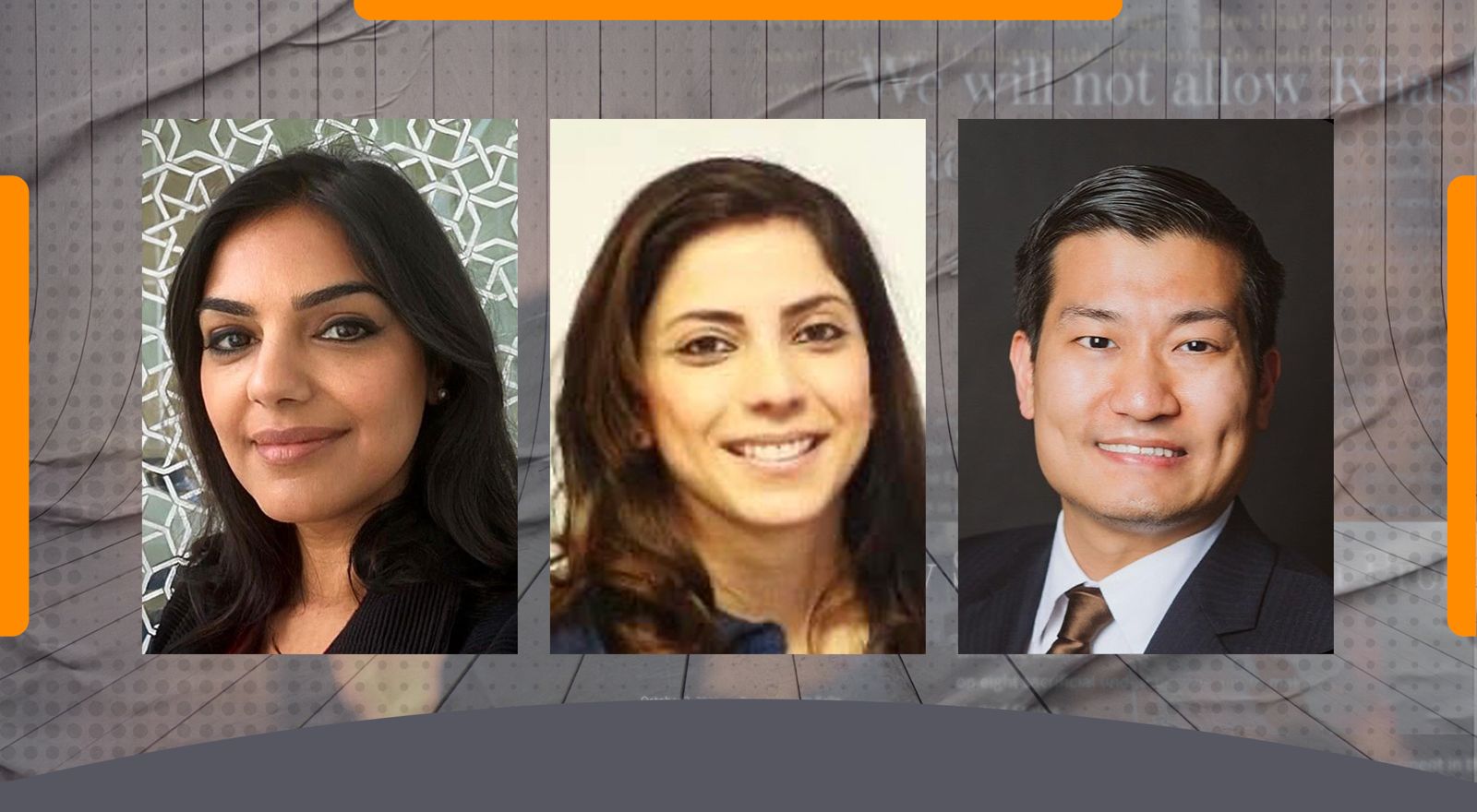عربي
I was first exposed to social injustice, inequality and the absolute lack of freedom of expression in Saudi Arabia at an early age. I was hired by ARAMCO and, like many young Saudis, I worked in Abqaiq, in eastern Saudi Arabia, as an "office boy" delivering business papers from the desks of Americans and other expat employees of the kingdom's oil giant. I felt like I was a foreigner in my own land. Along with thousands of other Saudi oil workers of all ages, ethnicities and religious backgrounds, I experienced a profound sense of deprivation, alienation and marginalization. We were grossly underpaid—just three Saudi riyals, or 75 cents, a day—and housed in a segregated "general camp" for Saudi workers.
Thankfully, my first Saudi supervisor at ARAMCO was Nasser al-Said, a well-known and dedicated activist who, long before I joined the massive oil industry, had been organizing Saudi workers to demand better living conditions and salaries, comparable to the privileges that ARAMCO's Western employees enjoyed. Al-Said was a charismatic nationalist whose tribe, the Shamar, used to rule the vast Najd region, a swath of mostly desert in central Arabia, until they were subdued by Ibn Saud's fanatical mercenaries in 1901. At the time of my arrival in eastern Saudi Arabia, he had already been branded an agitator and a communist by the local authorities—someone who must be avoided and condemned by the monarchy's loyal citizens. Their strategy did not work.
Al-Said and a few other compatriots from distinct parts of the vast desert kingdom were able to organize a massive homegrown strike against ARAMCO and the government's discriminatory policies against Saudi workers. To me, mobilizing to demonstrate against ARAMCO back then was an alien concept in a country where the omnipresent security apparatus could stop and beat anyone just for staring at them, let alone disobeying the established order, which was total submission to the king, police and clerics.
These mass workers' strikes had begun on a smaller scale in the mid-1950s but evolved and gained momentum in the late 1950s and early 1960s. To get King Saud to bridle the defiant workers, the oilmen running ARAMCO convinced the playboy king to consider the strikes an uprising against the monarchy. They succeeded in crushing the strikes, but not before workers secured higher wages, proper health care and better living conditions, at a very high price. Many workers and activists were imprisoned and tortured. The movement's revolutionary organizer, al-Said, was detained. Once released, he fled the kingdom to continue his activism in exile, beginning in Egypt. He later went to Syria and then Lebanon, where he was abducted in 1979, reportedly by Saudi and Lebanese agents. He was never seen or heard from again.
The ARAMCO uprising was the first of its kind in Saudi Arabia, but not the last. This unprecedented civic activism brought like-minded Saudis together and opened their eyes to the ruling Al Saud family's rampant mistreatment of the population and mishandling of their natural wealth: oil. The workers' strikes also exposed the regime's policies of dividing society along religious, gender, regional and ethnic lines.
I'll never forget the first words one State Department official uttered after she greeted us: "So, you're the one who wants to overthrow the Saudi government?"
- Ali Alyami
My tenure at ARAMCO was a transformative experience. I was thrust into a life I had never dreamt of. I never thought that citizens could work together and challenge a system I was raised to fear and worship. I realized that I did not really understand the workers' protest, the reasons that led to it and the courage of its organizers until years later. Those events impacted my life and perceptions of myself, my country and the people around me in three major ways. I lived in fear of the regime and its omnipresent security apparatus; I understood the regime's brutality; and, most importantly, I had a new desire to secure a scholarship to get out of Saudi Arabia, freeing myself from these shackles.
I could be free "to do whatever I wanted," as my new Wisconsin-born, American supervisor at ARAMCO put it—a description of freedom that didn't sound possible in the desert kingdom. I asked him how I could do that. He said that since I was not marked as "dangerous" in ARAMCO's company files, he could submit my name to the scholar committee board to go to America on an ARAMCO scholarship. He did, and I was eventually granted a scholarship to study in the United States, although it was delayed three times. It was finally approved when the company assured the Saudi authorities that I did not show any signs of "noncompliant behavior" or disloyalty to the wali al-amr—the master of fate, the king.
There was nothing that young Saudis who interacted with Americans at ARAMCO would not do to come to the United States. Receiving a scholarship to study engineering in America was a dream come true. After landing on American soil, in New York, I realized that what my supervisor from Wisconsin said was not an exaggeration. Yet the transition to U.S. student life was intimidating—linguistically and culturally, but, more so, politically and socially. Despite that, I joined civic organizations, student unions and any group that addressed human rights and freedom of expression. Most of the people I collaborated with knew extraordinarily little of or expressed any interest in Saudi Arabia. Most of the student groups I associated and worked with were primarily interested in other issues in other parts of the world, from Latin America to the apartheid system in South Africa to Vietnam, which American students were understandably occupied with in the late 1960s and early 1970s.
As I supported the causes of all these political activists, my main objective was human rights, freedom of expression and social justice back home in Saudi Arabia. But as I became more vocal and more occupied with my activism and less focused on academic work, my grades slipped. ARAMCO was incensed, nominally because of its company-dictated grade policy. I began to receive phone calls threatening to end my scholarship and send me back to Saudi Arabia. Some of my engineering professors even became antagonistic and punitive. I found out later that several of those professors' relatives were working at ARAMCO's offices in New York and Texas. I was given an ultimatum: Cease my non-academic activities or lose my scholarship. Though consequential, it was an easy decision to make—albeit costly, financially and emotionally. I experienced mixed feelings when ARAMCO cut off my scholarship, but there was a soothing feeling of liberation.
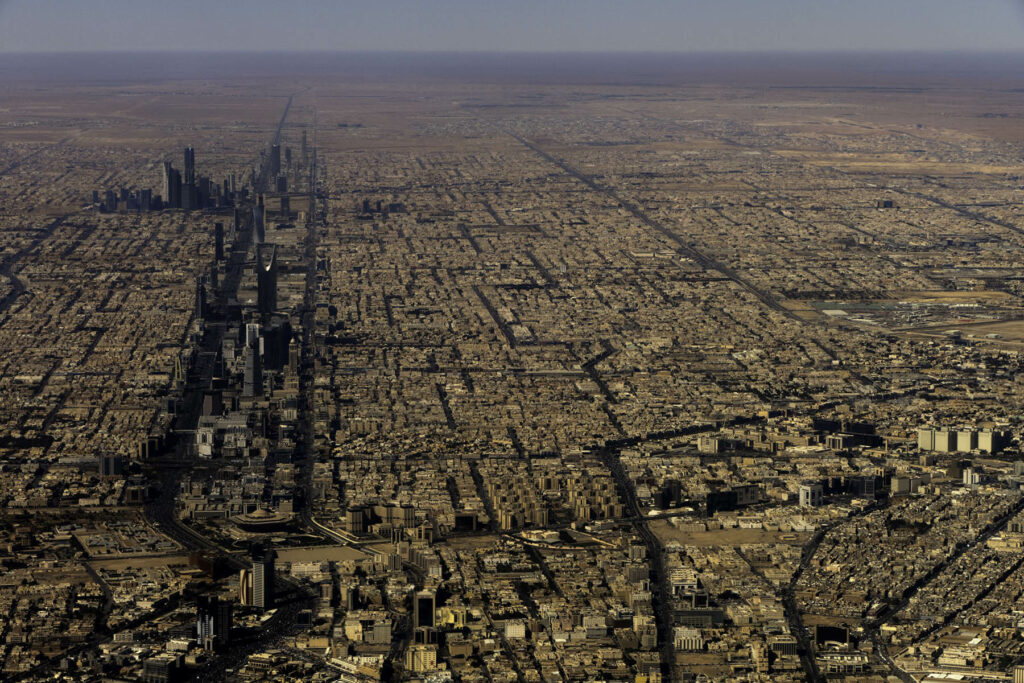
After the completion of my Ph.D., on my own at the Claremont Graduate University in California, I worked with a respected Quaker peace group, the American Friends Service Committee, in San Francisco. I was assigned to present the organization's positions on Middle East peace to the public and to local and national politicians and media. It was the first time that I really began to understand the attitudes of U.S. officials toward the Middle East, for better and worse. I also learned about human rights organizations large and small, and about the well-established and well-financed interest groups and lobbyists that shaped U.S. policies in the region, especially those representing Saudi Arabia and other Gulf dynasties that Washington considers allies.
I learned much more about the impact of these various interest groups, particularly lobbyists and policymakers, after the founding of the Center for Democracy and Human Rights in Saudi Arabia, in 2003. For example, in 2007, I along with three interns and the chairman of our board of directors organized a meeting with the Bureau of Near Eastern Affairs at the State Department. I'll never forget the first words one State Department official uttered after she greeted us: "So, you're the one who wants to overthrow the Saudi government?"
I pretended she was only joking, but she was not. Our board chair, who was a former White House and Department of Justice official, asked how she concluded that CDHR's objective was to overthrow the Saudi autocracy. She implied she was told by reliable sources that it was our mission. He asked if she had actually looked at our website to see what we promote. A year after that official left the State Department, she joined a prominent lobbyist firm that represents Saudi interests in Washington.
Hopes for promoting democracy and defending human rights in Saudi Arabia will keep diminishing as long as the U.S. and other Western governments need Saudi oil and the kind of regime that comes with it.
- Ali Alyami
Over the years, I have discovered that slick, overcompensated lobbyists working for Riyadh have repeatedly misinformed many U.S. officials about CDHR's mission. Additionally, pro-Saudi professors, businesses, interest groups and law firms have cast doubts and raised questions about CDHR's public educational work and activities. Most of these critics have falsely accused CDHR of advocating for the removal of the Saudi monarchy and its replacement with a pro-Iranian and anti-U.S. government.
Even after the horrors of 9/11 and, more recently, the brutal murder of Jamal Khashoggi, the U.S.-Saudi contract of 1945—unconditional American support for and protection of the Saudi state and its successive oligarchs in return for access to cheap oil—continues to function profitably to this day. It will as long as the Saudi government can buy favorable influence in Washington, regardless of who is in power in the White House.
Saudi activists in the West must see reality for what it is. Hopes for promoting democracy and defending human rights in Saudi Arabia will keep diminishing as long as the U.S. and other Western governments need Saudi oil and the kind of regime that comes with it. Calling on the U.S. and other Western democracies to stop arms sales to Riyadh and help free prisoners of conscience are important, of course, but these demands do not address the root causes of the malaise in Saudi Arabia. We must merge our fragmented groups in the Saudi diaspora and form an inclusive, non-sectarian democratic union, seeking constitutional changes in Saudi Arabia. Unless the system is politically transformed, Saudi oligarchs will continue to rule as they always have through punishment and exploitation.













